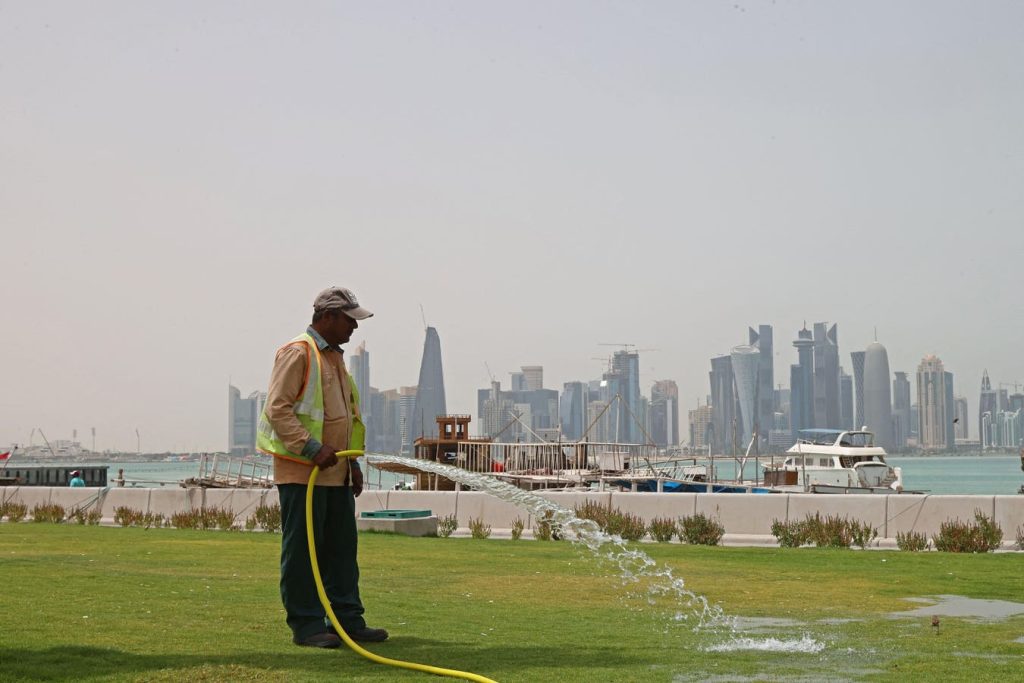Borhan, a migrant worker from Bangladesh, who worked on the construction of various World Cup Stadiums, including the $1 billion Lusail Stadium, has not been fully paid for his work. Despite working long hours, he is now struggling to make ends meet by selling second-hand electronics in Doha. He is hesitant to sue his employer due to the lack of legal protection for migrant workers in Qatar.
The delay in publishing a report on the legacy and remedies for migrant workers involved in the construction of the World Cup Stadiums has raised concerns among stakeholders. The report, submitted by consultancy Human Level in December 2023, has yet to be released by FIFA. The report addresses the need for compensation for workers like Borhan, who were promised benefits under the kafala reform in Qatar.
The chair of the FIFA Sub-Committee on Human Rights and Social Responsibility, along with other members, have confirmed that the report is now under review by stakeholders. However, there has been no clear timeline for when the findings will be made public. Rights groups have called for a compensation fund of $440 million to be established by FIFA and Qatar to address the grievances of the workers.
Amnesty International has demanded that FIFA make the report public to address the suffering of workers who were mistreated during the construction of the World Cup Stadiums. The delay in publishing the report has drawn criticism from various organizations and individuals, including FIFA president Gianni Infantino. There is a growing pressure on FIFA to take action and provide justice for the workers who were exploited during the World Cup preparations.
Qatar has faced criticism for its treatment of migrant workers under the Kafala system, which allows employers to hold unchecked power over their workers. Workers have faced passport confiscation, wage theft, long working hours, intimidation, and reprisals from their employers. FIFA has been urged to take responsibility for the human rights abuses that occurred during the World Cup preparations and provide remedies for the affected workers.
The need for transparency and accountability in addressing the human rights issues related to the World Cup construction projects is crucial. As FIFA strengthens its ties with countries like Saudi Arabia, which have also faced criticisms for their treatment of migrant workers, the publication of the report on the legacy and remedies for workers involved in the World Cup preparations could set a precedent for future events. It is essential for FIFA to take proactive measures to address the grievances of the workers and ensure that such abuses do not happen again in the future.


